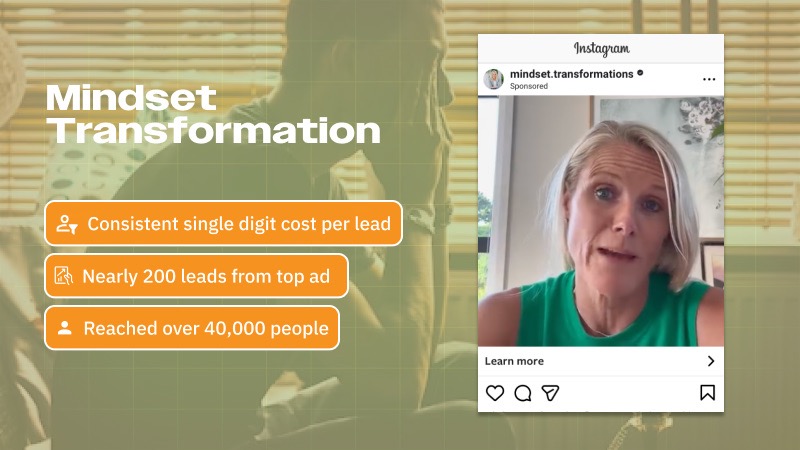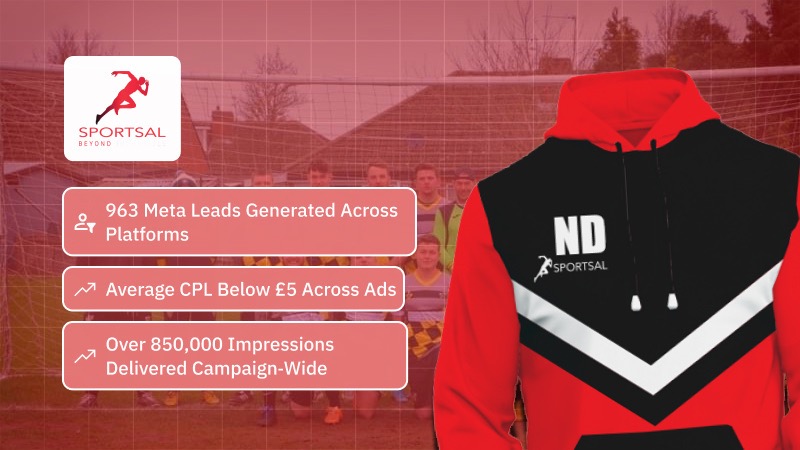Boost your site's SEO with Soudcoh—track performance easily via Google Search Console!

Before tapping into the insights Google Search Console offers, setting it up correctly is essential. Thankfully, the process is straightforward and doesn't take long to complete.
First, you'll need a Google account to access Search Console. Once logged in, you can add your website as a new property. Google allows two types of property setup: Domain and URL-prefix. If you want complete data across all subdomains and protocols, go with the Domain option. After choosing your preferred method, you'll be prompted to verify ownership—this can be done through methods like uploading an HTML file, adding a DNS record, or using your Google Analytics or Tag Manager setup.
After verification, Google will begin collecting data for your website, but it may take a few days before full information becomes available. It's a good idea to submit your sitemap at this stage. A sitemap helps Google crawl and index your pages more efficiently and ensures you’re putting your best content forward in search results. If you have multiple sitemaps, such as one for blog posts and another for product pages, you can submit them individually.
Another important step is to ensure your settings align with your SEO goals. Check whether your preferred version of the domain (with or without www) is correctly reflected. Also, review users and permissions if you're working with a team or an SEO agency. By taking the time to set everything up properly, you create a solid foundation for accurately tracking performance and making informed optimisation decisions.
To truly harness the power of Google Search Console for SEO, understanding the Performance report and Search Analytics is essential. These tools provide a clear view into how your site appears in search and how users interact with your content.
The Performance report reveals crucial metrics like total clicks, total impressions, average click-through rate (CTR), and average position in Google Search. By examining these figures, you can identify which queries lead users to your pages and which pages are performing best. This insight helps you understand what content resonates with your audience and what might need improvement. If you notice a high number of impressions but a low CTR, it may be worth reworking your title tags and meta descriptions to make them more compelling.
Search Analytics also sheds light on search queries that surface your website, broken down by page, country, and device. This data helps you tailor your SEO strategy based on where users are coming from and how they're accessing your site. For example, if a significant user base is mobile, ensuring mobile responsiveness becomes a priority.
Beyond basic metrics, these tools allow you to compare data across time periods, helping you track improvements and spot emerging trends. Whether you're trying to recover from a traffic drop or seeking opportunities to expand on high-performing content, regularly reviewing your Performance report and Search Analytics is a best practice for ongoing SEO success.
One of the most common challenges in SEO is dealing with indexing and coverage issues. Google Search Console provides the tools needed to spot these problems early and take corrective action.
The Coverage report in Search Console offers insights into how Google's crawlers are interacting with your website. It shows which pages are indexed, which aren’t, and the reasons why certain pages are excluded. These exclusions could be due to crawl errors, noindex directives, or issues with your sitemap. By monitoring this report regularly, you can catch and fix problems before they impact your rankings.
Another useful feature is the URL Inspection Tool, which allows you to check the status of individual pages. It tells you if a page is indexed, whether it's mobile-friendly, and what enhancements are detected. If a page isn’t indexed, the tool will offer reasons and suggestions, helping you to understand what may be preventing it from appearing in search results.
Resolving these issues often involves small technical fixes, such as correcting canonical tags, updating robots.txt files, or improving internal linking structures. Once changes are made, you can request reindexing directly within Search Console to speed up the process. Staying on top of indexing and coverage helps ensure your content reaches your audience and your site maintains optimal visibility in search.
One of the most valuable tools in Google Search Console is the list of search queries that lead users to your website. These insights allow you to fine-tune your content and keyword strategy.
By analysing the top-performing search queries in Search Console, you can identify which terms your audience is actually using to find your content. This helps you understand what’s resonating and where there’s potential to expand. If certain keywords are receiving impressions but low clicks, it may suggest your content isn’t aligning with search intent or your meta descriptions and titles need improvement.
Search queries that are gaining traction but not yet ranking highly are golden opportunities. You can create new content or update existing pages to target those terms more effectively. Over time, these optimisations help increase visibility, drive more qualified traffic, and improve your position in the search results.
Don’t forget to consider long-tail keywords. Often less competitive, these can provide a steady stream of targeted visitors who are more likely to convert. Using these insights, you can build a content strategy that speaks directly to your audience's needs and aligns with the real-world terms they're using in search engines.
Monitoring backlinks is a crucial part of using Google Search Console to improve your SEO. Backlinks from reputable sites can significantly boost your site's authority and search rankings.
Within Google Search Console, you can access the 'Links' report to see which sites link to yours and which pages are receiving the most backlinks. This data allows you to assess the quality of your link profile and identify opportunities for improving site authority. By regularly checking this report, you can spot potentially harmful links that might be dragging down your SEO performance, and disavow them if necessary.
Improving your backlink profile isn’t just about quantity—it’s about earning links from authoritative, relevant sources. Use the insights from Search Console to find your most linked content, then build on what's working by creating similar high-value resources. Reaching out to related websites and bloggers for collaborations or guest posting, using your successful content as a pitch, can help amplify your reach and credibility.
Consistent backlink monitoring with Google Search Console also helps you track the impact of your off-page SEO efforts. Whether it's a PR campaign or organic content promotion, you'll be able to see how it translates into inbound links and authority growth. Over time, these insights contribute to a healthier link profile, improved trust signals for Google, and better rankings in search results.
Whether local or global, we help your brand rise in search.


